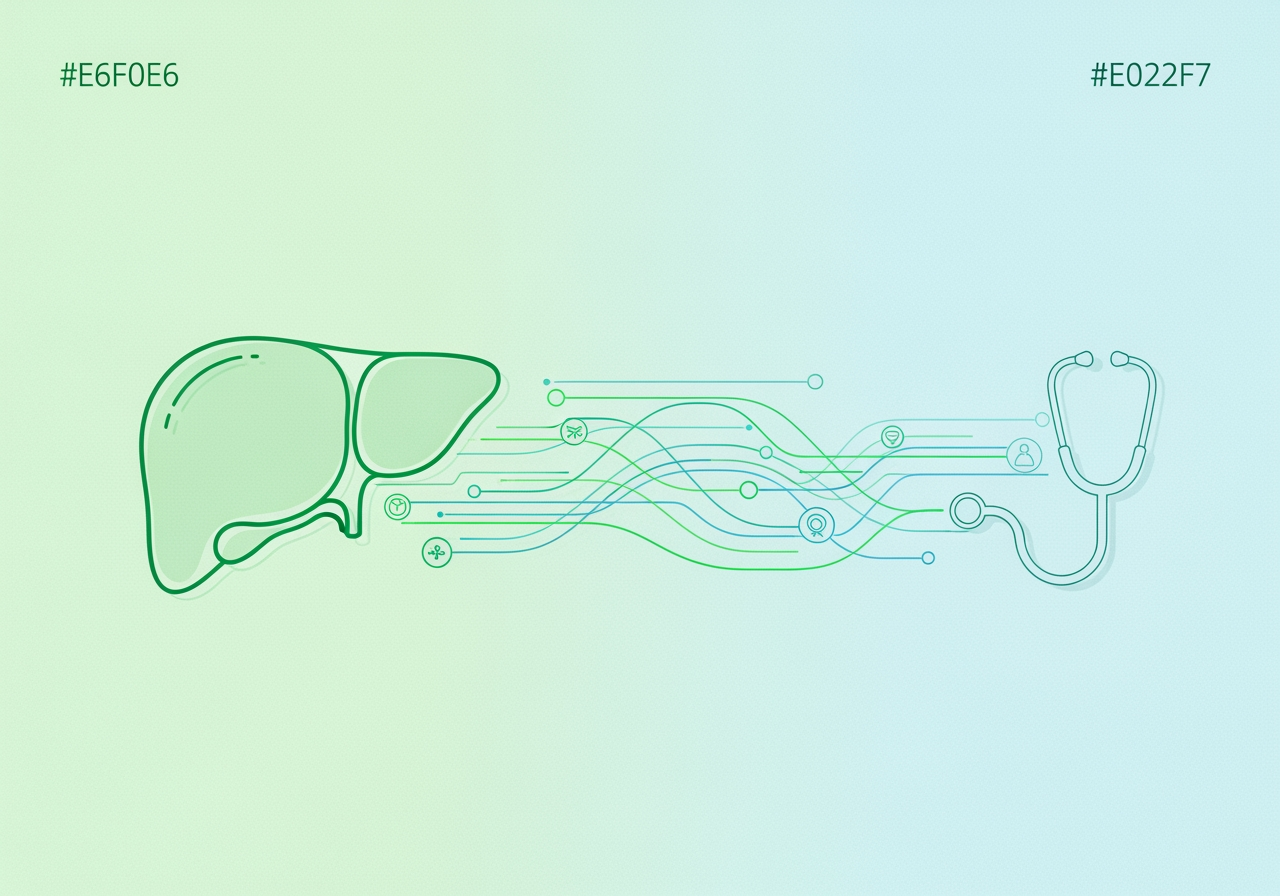
Complete Medical Evaluation Process Before Liver Transplant
15 Nov, 2025
 Healthtrip
Healthtrip- Why is a Comprehensive Medical Evaluation Crucial Before a Liver Transplant?
- Where Can You Undergo a Liver Transplant Evaluation? < li>Who is Involved in the Liver Transplant Evaluation Process?
- How is the Liver Transplant Evaluation Conducted?
- Diagnostic Tests Performed During Evaluation
- Examples of Evaluation Outcomes and Next Steps
- Conclusion
Initial Consultation and Referral
The path to a liver transplant typically begins with a referral from your primary care physician or a specialist like a gastroenterologist or hepatologist. This referral is usually prompted by the diagnosis of end-stage liver disease or a severe liver condition that hasn't responded to other treatments. During this initial consultation, your doctor will thoroughly review your medical history, conduct a physical examination, and order preliminary tests to assess the severity of your liver disease. These tests often include blood tests to evaluate liver function, imaging studies like ultrasounds or CT scans to visualize the liver, and sometimes a liver biopsy to determine the extent of damage. The purpose of this stage is to determine if a liver transplant is a viable option for you and if you meet the basic criteria for transplant eligibility. If a transplant seems like a possibility, your doctor will then refer you to a transplant center for a comprehensive evaluation. Healthtrip can facilitate your connection with leading specialists at hospitals such as Vejthani Hospital in Bangkok or Memorial Sisli Hospital in Istanbul, ensuring you receive expert guidance from the outset.
Most popular procedures in India
Comprehensive Medical Evaluation
Once you're referred to a transplant center, such as those affiliated with Healthtrip like Saudi German Hospital Alexandria, Egypt or Quironsalud Hospital Murcia in Spain, you'll undergo a comprehensive medical evaluation. This is a rigorous process designed to assess your overall health and determine if you're a suitable candidate for a liver transplant. The evaluation includes a series of tests and consultations, all aimed at understanding your physical and psychological condition. Doctors look at the severity of your liver disease, assess any co-existing medical conditions, and evaluate your ability to withstand the surgery and the post-transplant recovery period. This evaluation typically involves extensive blood work to check liver function, kidney function, blood clotting, and screen for infections. Imaging studies, such as MRI or CT scans, provide detailed views of your liver and surrounding organs. A cardiologist will assess your heart health with tests like an EKG or echocardiogram. Pulmonologists may conduct breathing tests to evaluate lung function. These tests ensure that other organ systems are healthy enough to support a transplant. Our collaboration with renowned facilities ensures you receive the most thorough evaluation possible.
Psychological and Social Assessment
The medical evaluation doesn't just focus on your physical health; it also considers your psychological and social well-being. A liver transplant is a major life event that requires significant adjustments, both physically and emotionally. A psychologist or psychiatrist will assess your mental health, coping skills, and ability to adhere to the strict post-transplant regimen, which includes taking immunosuppressant medications and attending regular follow-up appointments. They'll also evaluate your support system, including family and friends, who will play a crucial role in your recovery. Additionally, a social worker will assess your financial situation and insurance coverage, as well as your ability to manage the practical aspects of post-transplant care, such as transportation and housing. Addressing these factors is crucial because a successful transplant requires not only medical expertise but also a strong support network and the ability to manage the emotional challenges that may arise. Through Healthtrip, we can connect you with centers that prioritize holistic care, like Bangkok Hospital, ensuring that your psychological and social needs are met as comprehensively as your physical ones.
Wellness Treatments
Give yourself the time to relax
Lowest Prices Guaranteed!

Lowest Prices Guaranteed!
Multidisciplinary Team Review and Approval
After the comprehensive evaluation is complete, a multidisciplinary transplant team, consisting of hepatologists, surgeons, radiologists, psychologists, social workers, and other specialists, will review your case. This team carefully considers all aspects of your evaluation, weighing the potential benefits of a liver transplant against the risks. They assess the severity of your liver disease, the presence of any other medical conditions, your overall health, and your psychological and social readiness. The team will then determine whether you meet the criteria for liver transplant candidacy. If approved, you'll be placed on the national transplant waiting list. It's important to remember that being placed on the waiting list doesn't guarantee a transplant, as donor livers are allocated based on a complex scoring system that prioritizes the sickest patients. However, it's a significant step forward, offering hope for a healthier future. Healthtrip works with hospitals like Fortis Hospital, Noida and Helios Klinikum Erfurt, which have experienced multidisciplinary teams, to ensure your case receives thorough and expert review, maximizing your chances of a positive outcome.
Why is a Comprehensive Medical Evaluation Crucial Before a Liver Transplant?
Embarking on the journey toward a liver transplant is a significant decision, marking a crucial turning point in managing end-stage liver disease. But before even contemplating surgery, a comprehensive medical evaluation stands as the first, and possibly the most important, step. Think of it as laying the foundation for a successful transplant journey. This isn't just a cursory check-up; it's a deep dive into your overall health, ensuring you are a suitable candidate for this life-saving procedure. The evaluation serves multiple critical purposes. Firstly, it confirms the severity of your liver disease and determines if a transplant is truly the best – and sometimes only – option. There might be other treatments or interventions that could improve your condition without resorting to such a major surgery. Secondly, it assesses your general health to identify any potential risks or complications that could arise during or after the transplant. Conditions like heart disease, diabetes, or infections can significantly impact the success of the transplant and need to be carefully managed beforehand. Imagine going on a long road trip without checking your car's engine – the consequences could be disastrous; similarly, proceeding with a transplant without a thorough evaluation is fraught with danger. Ultimately, a comprehensive evaluation is about maximizing your chances of a successful transplant and a healthier, longer life post-surgery. Healthtrip understands the anxiety and uncertainty surrounding this process, and we're here to connect you with top-tier medical facilities and specialists who can guide you through every step, ensuring you're equipped with the knowledge and support you need to make informed decisions. This rigorous process isn't designed to discourage you, but rather to empower you with a realistic understanding of your situation and the path ahead.
Where Can You Undergo a Liver Transplant Evaluation?
Choosing the right facility for your liver transplant evaluation is a crucial decision, analogous to selecting the perfect launching pad for a critical mission. Not all medical centers are created equal; experience, expertise, and a multidisciplinary approach are key factors to consider. When looking for a center, consider hospitals with established transplant programs. These centers generally have dedicated teams of hepatologists, transplant surgeons, nurses, and support staff who specialize in liver disease and transplantation. For example, Fortis Memorial Research Institute, Gurgaon and Max Healthcare Saket in India are renowned for their comprehensive liver transplant programs and experienced medical teams. Similarly, internationally acclaimed hospitals like Memorial Sisli Hospital and LIV Hospital, Istanbul offer state-of-the-art facilities and skilled transplant specialists. In Southeast Asia, Vejthani Hospital and Bangkok Hospital in Thailand provide excellent options with advanced technology and experienced transplant teams. In the Middle East, consider NMC Specialty Hospital, Al Nahda, Dubai and Saudi German Hospital Cairo, Egypt which provide comprehensive evaluation services. Beyond the immediate medical aspect, Healthtrip understands that comfort and convenience are also important. Choosing a facility that is accessible, offers language support, and provides assistance with travel and accommodation can greatly reduce stress during what can be a challenging time. We can help you connect with facilities that prioritize patient-centered care, ensuring you feel comfortable, informed, and supported throughout the evaluation process. Remember, this is not just about finding a place, but about finding a partner in your journey towards better health. We at Healthtrip aim to provide you with a seamless experience, connecting you with the best possible resources for your individual needs and circumstances, paving the way for a successful transplant journey.
Who is Involved in the Liver Transplant Evaluation Process?
The liver transplant evaluation process isn't a solo journey; it's a collaborative effort involving a diverse team of highly skilled professionals, each playing a vital role in determining your suitability for a transplant. Think of it as a pit crew meticulously preparing a race car for its most important race. Leading the charge is the hepatologist, a liver specialist who assesses the extent of your liver damage, manages your underlying liver disease, and coordinates the overall evaluation process. Transplant surgeons are integral to the team, evaluating your surgical suitability, planning the transplant procedure, and performing the operation. A transplant coordinator acts as the central point of contact, guiding you through the evaluation process, scheduling appointments, answering your questions, and providing emotional support. Their role is to ensure you feel informed and empowered every step of the way.
Beyond the core medical team, other specialists might be involved, depending on your individual needs. Cardiologists assess your heart health, pulmonologists evaluate your lung function, and nephrologists examine your kidney health. Psychiatrists and psychologists play a crucial role in evaluating your mental and emotional well-being, assessing your ability to cope with the stress of surgery and the lifestyle changes required post-transplant. Social workers offer support with practical matters, such as financial planning, insurance coverage, and housing arrangements. The entire team works together to create a personalized evaluation plan that addresses your specific medical history, lifestyle, and needs. Hospitals such as Fortis Hospital, Noida and Singapore General Hospital assemble multidisciplinary teams for comprehensive evaluations. Healthtrip recognizes the importance of this collaborative approach, and our goal is to connect you with facilities that prioritize teamwork and seamless communication. This ensures you benefit from the collective expertise of a dedicated team, increasing your chances of a successful transplant outcome. It's about creating a supportive environment where you feel confident and empowered throughout this transformative journey.
Also Read:
How is the Liver Transplant Evaluation Conducted?
The liver transplant evaluation is a multifaceted process designed to thoroughly assess a patient’s overall health, the severity of their liver disease, and their suitability for transplant surgery. It's not just about whether your liver is failing; it's about understanding the entire picture and ensuring that a transplant offers the best possible outcome. Imagine it as a meticulous investigation, where doctors piece together various clues to determine if a new liver will truly give you a new lease on life. The evaluation typically begins with a comprehensive review of your medical history, including any pre-existing conditions, medications, allergies, and previous surgeries. This is followed by a physical examination to assess your general health and look for signs of liver disease complications, such as jaundice, ascites (fluid buildup in the abdomen), or encephalopathy (altered mental state). Think of this initial stage as setting the stage, gathering all the preliminary information needed to guide the subsequent investigations. This involves reviewing medical records, lab results, and imaging studies to understand the progression of your condition and any associated health issues. Healthtrip can assist you in gathering and organizing these documents, ensuring a smooth and efficient process. Moreover, Healthtrip can connect you with experienced transplant centers and specialists who can conduct thorough evaluations.
Initial Consultation and Medical History Review
The journey begins with an in-depth consultation with a transplant hepatologist and surgeon. This isn't just a quick chat; it's a chance for them to get to know you, your medical history, and your lifestyle. Be prepared to answer detailed questions about your past illnesses, medications, alcohol or drug use, and family history. They'll want to understand the root cause of your liver disease and how it has progressed over time. This stage is crucial for building trust and establishing a clear understanding of your situation. The medical team will also want to know about any other health conditions you might have, such as heart disease, diabetes, or kidney problems, as these can impact your eligibility for a liver transplant. At this stage, the medical team will review all your medical records, including previous lab results, imaging studies, and consultation notes from other doctors. They will also ask you about your lifestyle, including your diet, exercise habits, and any history of smoking or alcohol use. This information is crucial for determining your overall health and your ability to withstand the transplant surgery and recovery process.
Psychosocial Evaluation
Undergoing a liver transplant is not just a physical ordeal; it's a significant emotional and psychological journey. That's why a psychosocial evaluation is a critical part of the assessment process. This evaluation assesses your mental and emotional readiness for the transplant, your support system, and your ability to adhere to the strict post-transplant medication and lifestyle regimens. A transplant social worker or psychologist will meet with you and your family to discuss the challenges of transplantation, including the emotional toll of waiting for a donor organ, the potential for complications, and the lifelong commitment to immunosuppressant medications. They'll also assess your coping mechanisms, your stress levels, and your ability to manage anxiety and depression. Your support system is a vital factor in your success after a transplant. The evaluation will assess the strength and stability of your relationships with family and friends, and their willingness to provide emotional and practical support. They'll also want to know if you have any financial support, as the cost of a transplant and post-transplant care can be substantial.
Also Read:
Diagnostic Tests Performed During Evaluation
A battery of diagnostic tests is performed during the liver transplant evaluation to gain a comprehensive understanding of your liver function, overall health, and any potential risks associated with the surgery. These tests provide valuable information about the extent of liver damage, the presence of other medical conditions, and your suitability for the transplant procedure. Blood tests are a cornerstone of the evaluation, providing insights into liver function, kidney function, blood clotting ability, and overall health. Liver function tests (LFTs) measure the levels of enzymes and proteins in your blood, indicating the degree of liver damage. Kidney function tests assess the health of your kidneys, as kidney problems can impact transplant eligibility. Blood clotting tests evaluate your ability to form blood clots, which is essential for preventing excessive bleeding during and after surgery. Imaging studies, such as ultrasound, CT scans, and MRI scans, provide detailed images of your liver, blood vessels, and other abdominal organs. These images help doctors assess the size and shape of your liver, identify any tumors or abnormalities, and evaluate the blood flow to the liver. Ultrasound uses sound waves to create images of the liver. CT scans use X-rays to create cross-sectional images of the body. MRI scans use magnetic fields and radio waves to create detailed images of the soft tissues in the body. Healthtrip can help you schedule these diagnostic tests at reputable medical facilities, ensuring timely and accurate results.
Liver Biopsy
A liver biopsy involves taking a small sample of liver tissue for microscopic examination. This procedure helps determine the specific cause of your liver disease, the extent of liver damage, and the presence of any abnormalities, such as cancer cells. During a liver biopsy, a thin needle is inserted through your skin and into your liver to collect a tissue sample. The sample is then sent to a pathologist, a doctor who specializes in diagnosing diseases by examining tissues. The pathologist examines the tissue under a microscope to identify any abnormalities and determine the cause of your liver disease. While a liver biopsy can cause some discomfort, it's generally a safe and well-tolerated procedure. Liver biopsies are often performed using ultrasound guidance to ensure accurate needle placement. The risks associated with a liver biopsy are minimal but can include bleeding, infection, and pain.
Cardiac Evaluation
A healthy heart is crucial for a successful liver transplant. A cardiac evaluation is performed to assess your heart function and identify any underlying heart conditions that could increase the risk of complications during or after the transplant. This evaluation typically includes an electrocardiogram (ECG), which measures the electrical activity of your heart, and an echocardiogram, which uses sound waves to create images of your heart. An ECG can detect abnormalities in your heart rhythm or signs of heart damage. An echocardiogram can assess the size and shape of your heart, the function of your heart valves, and the strength of your heart muscle. In some cases, a stress test may be performed to evaluate how your heart responds to exercise. If the cardiac evaluation reveals any significant heart problems, you may need to undergo further treatment before being considered for a liver transplant. Healthtrip can connect you with cardiologists experienced in evaluating transplant candidates.
Also Read:
Examples of Evaluation Outcomes and Next Steps
The outcome of a liver transplant evaluation can vary depending on the individual's overall health, the severity of their liver disease, and the presence of any other medical conditions. It's not a simple "yes" or "no" decision; rather, it's a nuanced assessment that takes into account numerous factors. If the evaluation determines that you are a suitable candidate for a liver transplant, you will be placed on the transplant waiting list. The waiting list is managed by the United Network for Organ Sharing (UNOS), which prioritizes patients based on the severity of their liver disease and their overall health. While on the waiting list, you will need to undergo regular follow-up appointments with your transplant team to monitor your condition and ensure that you remain a suitable candidate for transplant. Healthtrip can assist you in coordinating these appointments and managing your medical records. It’s important to maintain a healthy lifestyle, follow your doctor's recommendations, and avoid alcohol and illicit drugs while waiting for a transplant. If the evaluation reveals that you are not currently a suitable candidate for a liver transplant, the transplant team will discuss alternative treatment options with you. These options may include medical management of your liver disease, lifestyle modifications, or other surgical procedures. The team will also provide recommendations for improving your overall health and addressing any underlying medical conditions that could improve your chances of becoming a transplant candidate in the future.
Listing for Transplant
Being "listed" for a liver transplant means you've successfully completed the evaluation process and have been officially added to the national transplant waiting list. This doesn't guarantee a transplant, but it's a significant step forward. The transplant team will submit your medical information to UNOS, which manages the waiting list and matches donor organs to recipients based on a complex scoring system. The Model for End-Stage Liver Disease (MELD) score is a key factor in determining your priority on the waiting list. The MELD score is calculated based on your blood tests and reflects the severity of your liver disease. Patients with higher MELD scores are typically given priority for transplant. While waiting for a donor liver, it's essential to stay in close contact with your transplant team and inform them of any changes in your health. This includes any new symptoms, illnesses, or medications. You'll also need to be readily available to travel to the transplant center when a donor liver becomes available. The transplant center will provide you with specific instructions on how to prepare for the transplant surgery and what to expect during the recovery process. Healthtrip can provide logistical support, including travel arrangements and accommodation near the transplant center.
Alternative Treatment Options
Even if a liver transplant isn't the immediate solution, it doesn't mean hope is lost. There are various alternative treatment options available to manage liver disease and improve your quality of life. These options depend on the underlying cause and severity of your condition. Medical management involves using medications to control symptoms, slow down the progression of liver damage, and prevent complications. Lifestyle modifications, such as diet changes, exercise, and avoiding alcohol, can also play a significant role in managing liver disease. For some liver conditions, such as hepatitis C, antiviral medications can effectively cure the infection and prevent further liver damage. In other cases, procedures like paracentesis (removing fluid from the abdomen) or endoscopic variceal ligation (treating enlarged blood vessels in the esophagus) can help manage complications of liver disease. In some instances, particularly with certain liver cancers, liver resection (surgical removal of a portion of the liver) may be an option. Exploring these alternatives with your medical team is crucial to finding the best approach for your individual circumstances. Healthtrip can connect you with specialists who can provide comprehensive evaluations and personalized treatment plans.
Also Read:
Conclusion
The liver transplant evaluation is a comprehensive and crucial step in determining if a liver transplant is the right treatment option for you. This process involves a thorough assessment of your medical history, physical condition, and psychosocial well-being, along with a battery of diagnostic tests to evaluate your liver function and overall health. While the evaluation can be a complex and sometimes daunting process, it's essential to remember that it's designed to ensure the best possible outcome for you. Understanding the process, asking questions, and working closely with your medical team can help you navigate this journey with confidence. Remember that Healthtrip is here to assist you throughout the liver transplant evaluation process, providing information, connecting you with experienced medical professionals, and helping you manage the logistical aspects of your care. We understand the challenges you face, and we are committed to providing you with the support and resources you need to make informed decisions about your health. Whether it's helping you find the right transplant center like Fortis Escorts Heart Institute, Fortis Shalimar Bagh, Max Healthcare Saket, NMC Specialty Hospital, Al Nahda, Dubai or coordinating your medical appointments, Healthtrip is your trusted partner in navigating the complexities of liver transplant evaluation and treatment.
Related Blogs
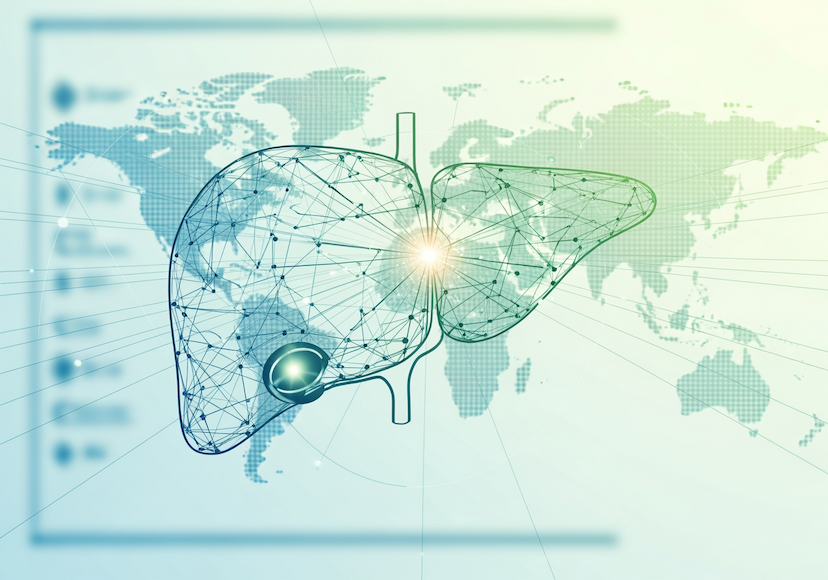
How Healthtrip Coordinates Cross-Border Medical Records for Liver Transplant
Explore evaluations, innovations, hospital comparisons, and global success insights for
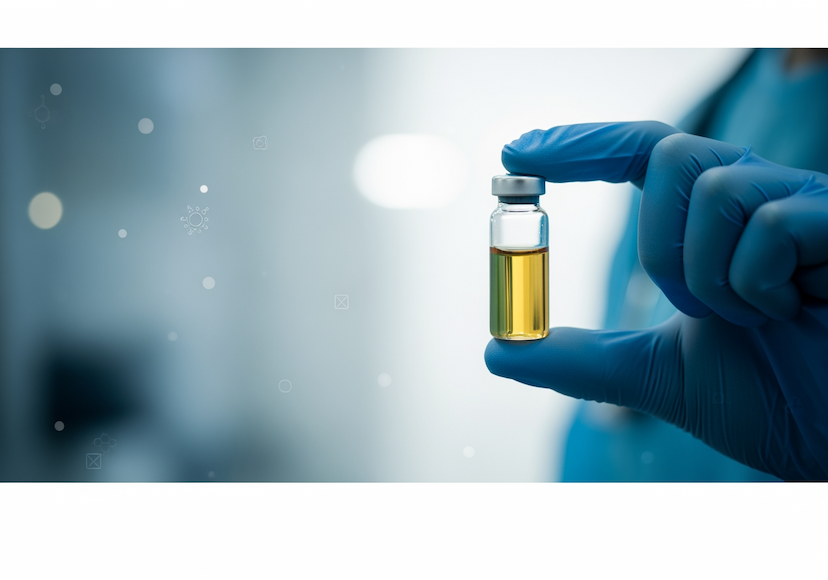
Top Pre-Surgery Tests Required for Liver Transplant
Explore evaluations, innovations, hospital comparisons, and global success insights for
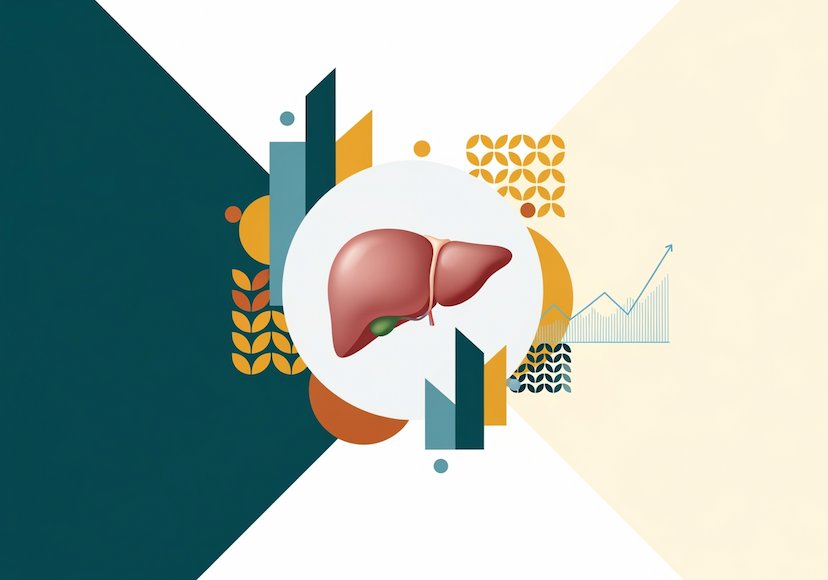
Why India Leads in Affordable Liver Transplant Analysis
Explore evaluations, innovations, hospital comparisons, and global success insights for
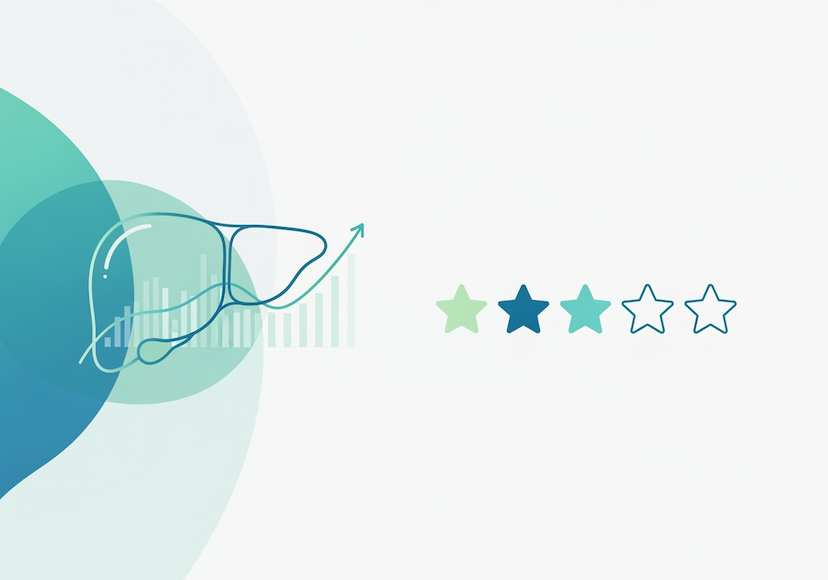
Patient Satisfaction Scores for Liver Transplant at Healthtrip Partner Hospitals
Explore evaluations, innovations, hospital comparisons, and global success insights for
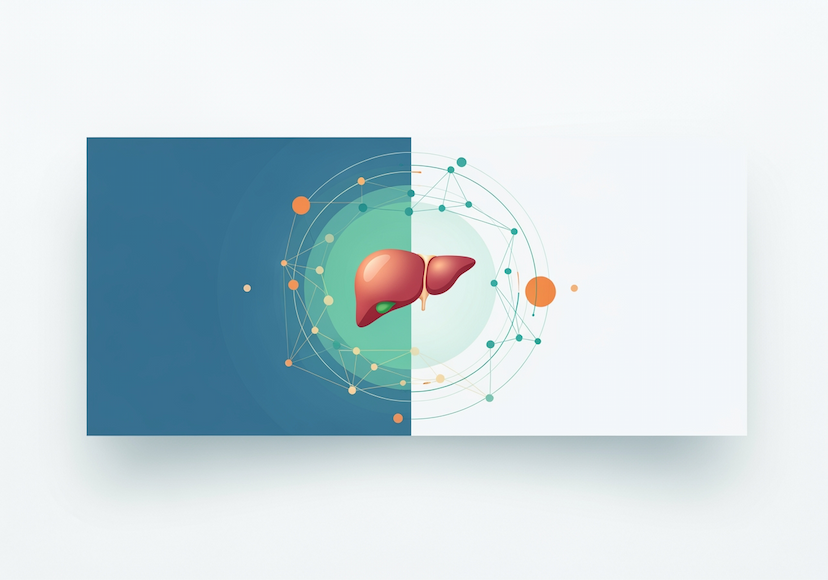
How to Choose the Right Hospital for Liver Transplant Using Healthtrip's Criteria
Explore evaluations, innovations, hospital comparisons, and global success insights for
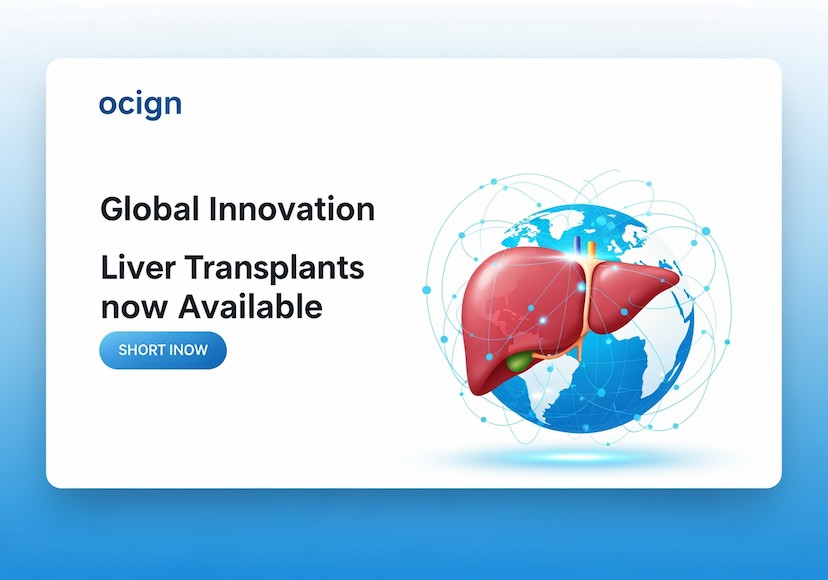
Latest Global Innovations in Liver Transplant Now Available in India
Explore evaluations, innovations, hospital comparisons, and global success insights for










